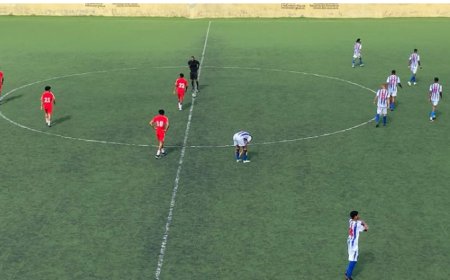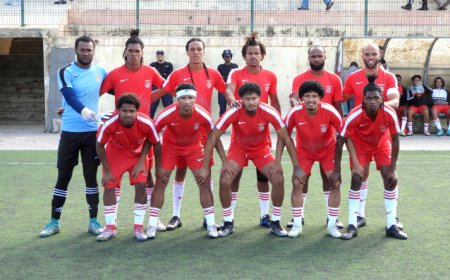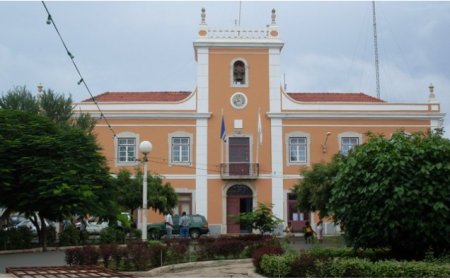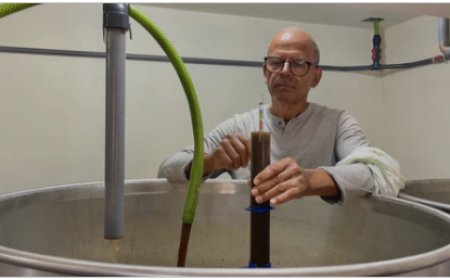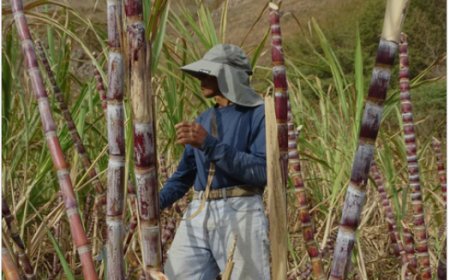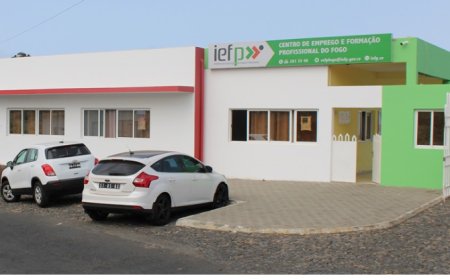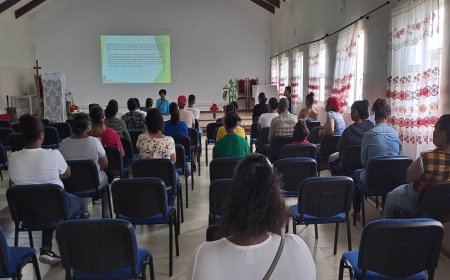Cape Verde Red Cross to help identify vulnerable young people for free vocational training
The Cape Verde Red Cross will help the government identify vulnerable young people enrolled in the CSU to take part in more than 100 vocational training courses free of charge, starting in September, with the aim of improving access to employment.

The Cape Verde Red Cross will work with the government to identify young people in vulnerable situations for free access to vocational training, starting in September. The announcement was made on Wednesday during the signing of a protocol between the humanitarian organization and the Institute for Employment and Professional Training (IEFP).
The chairman of the IEFP's board of directors, Paulo Santos, pointed out that around 100 training courses will be launched, with the aim of benefiting more than 4,000 young people in strategic areas for the country's development, such as tourism, civil construction, the blue and green economy, mechanics and other technical sectors.
"The Red Cross will help mobilize those who most need these tools for empowerment and integration into the job market," said Santos, referring to the role of the institution's volunteers in identifying the beneficiaries.
For his part, the president of the Cape Verde Red Cross, Arlindo Carvalho, stressed that the organization is participating in the project with a "sense of mission and responsibility". "We are committed to making sure that these opportunities reach those who really need them," he said.
In May, the Cape Verdean government had already announced that, from September, it would make more than 3,000 places available to young people registered on the Single Social Registry (CSU), with tuition and registration fees waived, facilitating access to qualifications and employment.
At the end of 2023, around 324,000 people - corresponding to 63.6% of the resident population - were registered with the CSU, spread across almost 86,700 households. Of these, 42% belong to the most vulnerable group and 30% to the second most vulnerable group in terms of eligibility for social support.
Created in 2018, the CSU is a tool that aggregates information from central and local government to identify beneficiaries of measures implemented by the National Center for Social Benefits (CNPS), including social pensions, social inclusion income and support for medical evacuations abroad.





